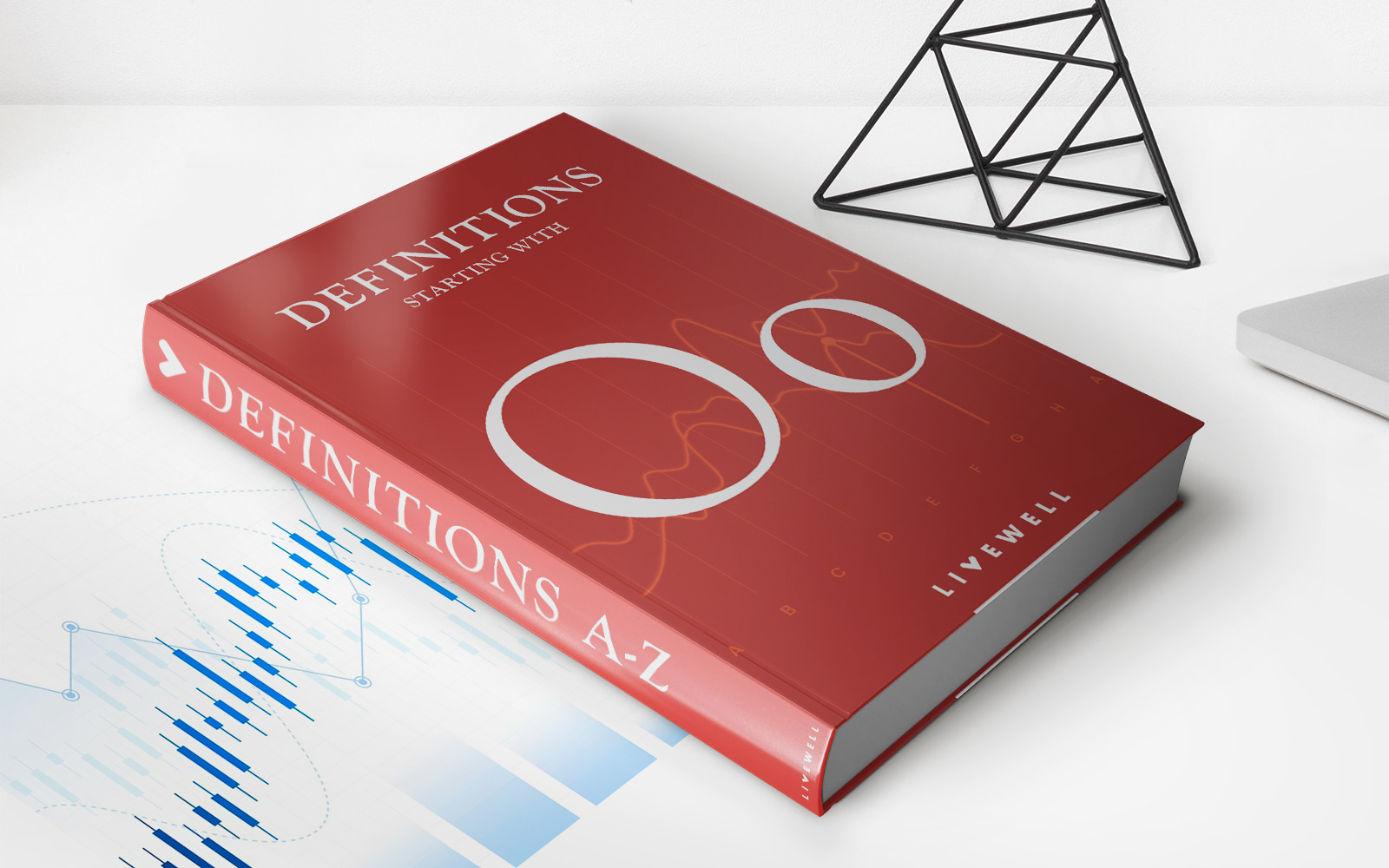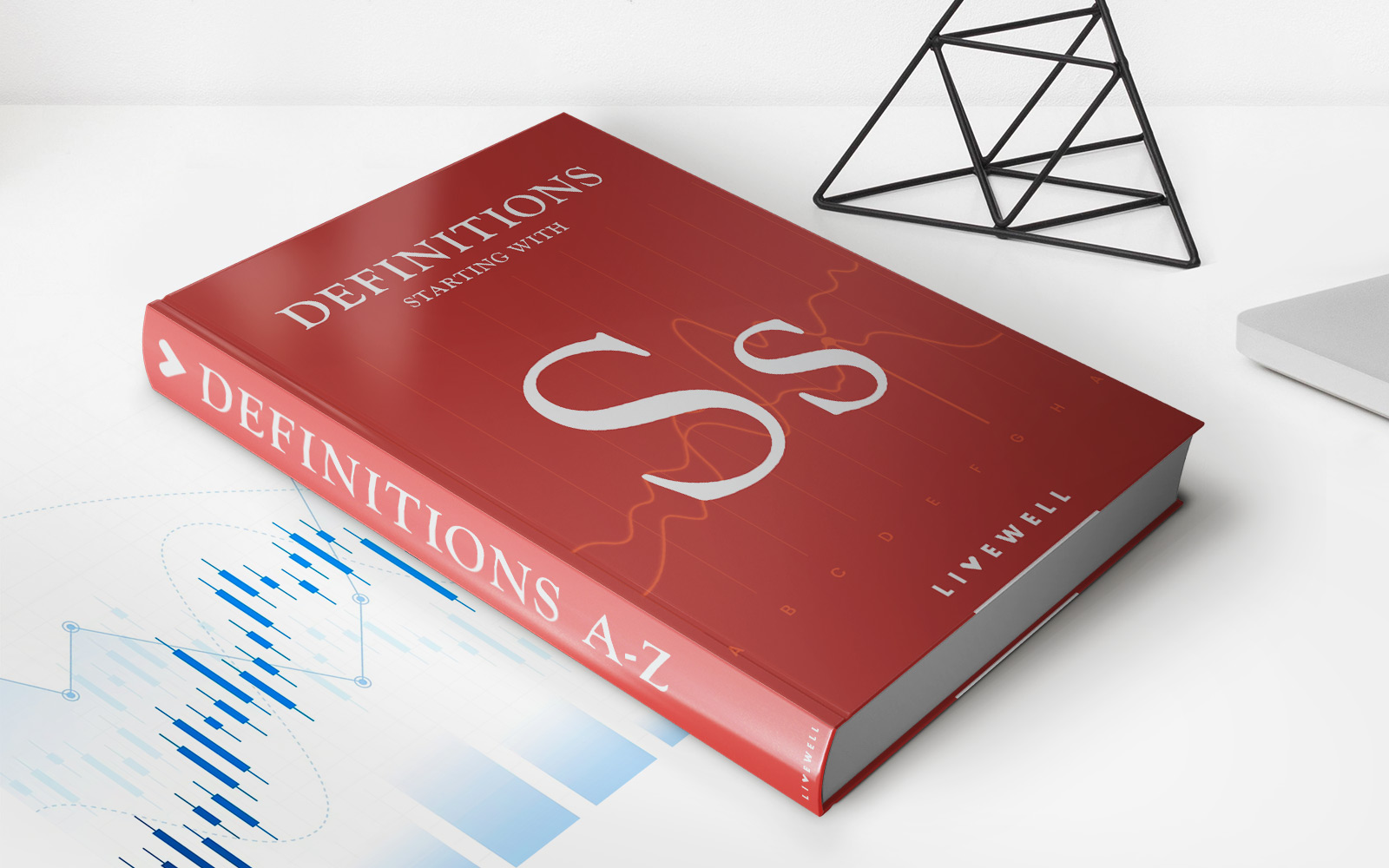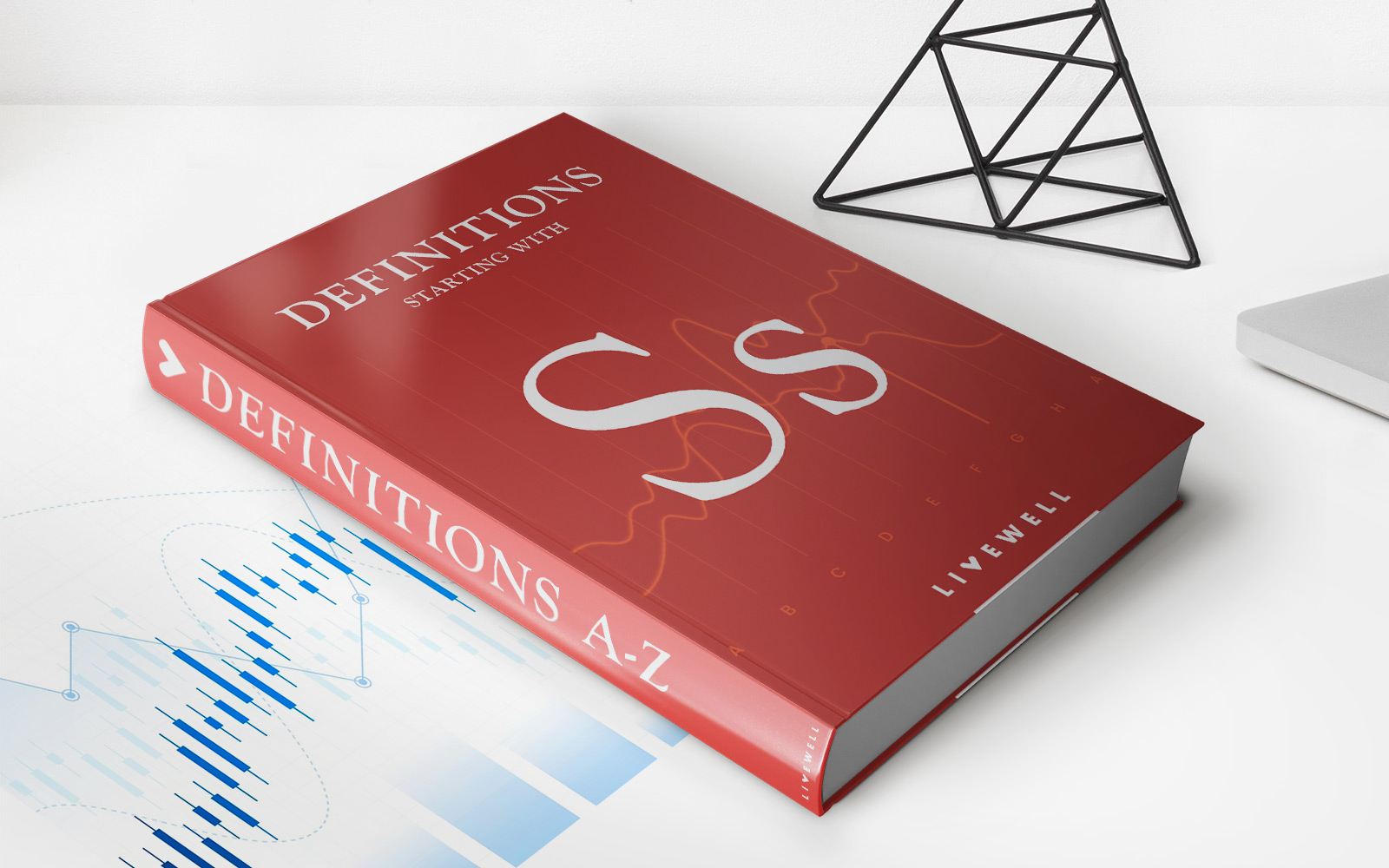Home>Finance>Direct Market Access (DMA): Definition, Uses, And Benefits


Finance
Direct Market Access (DMA): Definition, Uses, And Benefits
Published: November 11, 2023
Learn about Direct Market Access (DMA) in finance, including its definition, uses, and benefits. Discover how DMA can enhance your trading strategy and improve your overall market performance.
(Many of the links in this article redirect to a specific reviewed product. Your purchase of these products through affiliate links helps to generate commission for LiveWell, at no extra cost. Learn more)
Direct Market Access (DMA): Definition, Uses, and Benefits
Welcome to our Finance category blog post, where we dive deep into the world of financial markets and explore various topics that can help you make informed decisions. In today’s article, we will be discussing Direct Market Access (DMA) – what it is, how it is used, and the benefits it offers to traders and investors.
Key Takeaways:
- DMA provides traders with direct access to financial markets without needing intermediaries.
- It offers greater transparency, speed, and control over trading activities.
What is Direct Market Access (DMA)?
Direct Market Access, or DMA, is a service provided by financial institutions that allows traders and investors to access various financial markets directly, without the need for intermediaries such as brokers or market makers. DMA provides individuals with the opportunity to execute trades and place orders directly on exchanges.
Why is DMA Used?
DMA is used by traders and investors for a variety of reasons. Here are a few key benefits and use cases:
- Speed: DMA allows for near-instantaneous order execution, providing traders with a competitive edge in fast-paced markets where every second counts.
- Transparency: When using DMA, traders can see real-time market prices and order book information, enabling them to make more informed decisions based on actual market data.
- Control: DMA offers traders greater control over their trading activities, including choosing specific order types, setting limit prices, and managing their portfolios according to their unique trading strategies.
- Cost Efficiency: By bypassing intermediaries and executing trades directly on exchanges, traders can potentially benefit from lower transaction costs.
- Access to Multiple Markets: DMA allows traders to access various financial markets, such as equities, options, futures, and foreign exchange (forex), using a single trading platform.
The Benefits of DMA:
DMA offers several benefits that make it an attractive option for traders and investors:
- Reduced Latency: By eliminating the need for intermediaries, DMA reduces the time it takes for trade orders to be executed, resulting in lower latency and potentially better trade outcomes.
- Increased Efficiency: DMA streamlines the trading process by bypassing unnecessary layers, resulting in quicker execution and reduced complexity.
- Improved Liquidity: DMA can provide access to larger pools of liquidity, allowing traders to execute larger orders without market impact or slippage.
- Enhanced Control: With DMA, traders have full control over their trades, including the ability to customize order types, set specific execution criteria, and implement advanced trading strategies.
- Lower Costs: The direct access provided by DMA can potentially lead to cost savings, as traders may benefit from tighter bid-ask spreads and reduced commission fees.
Direct Market Access (DMA) is revolutionizing the way traders and investors engage with financial markets. With its transparency, speed, and control, DMA empowers individuals to make more informed decisions and execute trades with efficiency. By eliminating intermediaries and providing direct access to exchanges, DMA offers a range of benefits that can enhance trading outcomes and potentially increase profitability.
Stay tuned for more insightful articles in our Finance category, where we continue to explore topics that impact your financial well-being.














